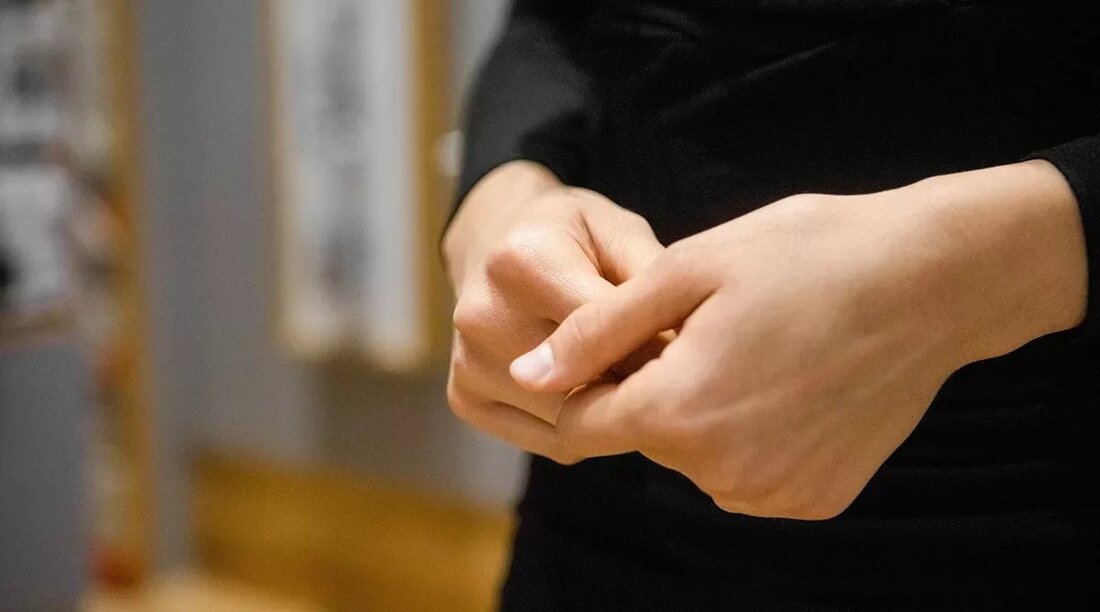OCD - Do you know that there are many ways to treat OCD?
The onset and clinical course of anxiety disorders vary greatly depending on the specific disorder. One of the most common existing anxiety disorders is compulsive behavior, more commonly known as obsessive-compulsive disorder. Obsessive-compulsive disorder involves obsessions that cause significant anxiety and/or compulsions that attempt to neutralize anxiety. If you are a friend or immediate family member of someone with obsessive compulsive behavior, suffer from OCD, or are just checking out out of curiosity, this article may be helpful to you. Read on to learn about the different OCD treatments available that are helpful in increasing your awareness of the disorder. Relaxation techniques This type of…

OCD - Do you know that there are many ways to treat OCD?
The onset and clinical course of anxiety disorders vary greatly depending on the specific disorder. One of the most common existing anxiety disorders is compulsive behavior, more commonly known as obsessive-compulsive disorder. Obsessive-compulsive disorder involves obsessions that cause significant anxiety and/or compulsions that attempt to neutralize anxiety. If you are a friend or immediate family member of someone with obsessive compulsive behavior, suffer from OCD, or are just checking out out of curiosity, this article may be helpful to you. Read on to learn about the different OCD treatments available that are helpful in increasing your awareness of the disorder.
Relaxation techniques
This type of treatment for compulsive behavior, also known as cognitive techniques, includes relaxation techniques such as self-talk to relieve existing symptoms. Techniques help the person negotiate interpersonal situations and promote self-confidence. Clinical studies show that over 60% of people benefit from this type of therapy.
psychotherapy
This is considered the first remedy for obsessive-compulsive disorder, especially in children. Psychotherapy such as cognitive behavioral therapy (CBT) is considered highly effective and has been proven successful in hundreds of OCD cases worldwide because it focuses on changing thought patterns in order to change the obsessive and compulsive behavior itself. Psychotherapy involves teaching mechanisms to cope with obsessive thinking without resorting to the OCD ritual. This is done through neutralizing activities.
Family therapy
Most people who have compulsive behavior often, if not always, face social and public criticism, even within their own families. Since the family is considered the most important unit of society that can influence and shape an individual, family therapy is helpful in finding solutions to OCD. Family therapy can help resolve family conflicts by promoting proper understanding of the nature of such disorders, which in turn can motivate family members to help their loved ones.
Psychosurgery
In severe cases of obsessive-compulsive disorder, psychosurgery is performed. This is when the signs and symptoms of the disorder become overwhelming and no longer respond to all other available treatment alternatives. Psychosurgery is a new breakthrough in science in combating such disorders. Unlike the long-standing lobotomy procedure (which is likely to cause unexpected brain damage and memory loss in patients), psychosurgery involves cutting or deactivating certain parts of the brain using an electrode. The procedure involves magnetic resonance imaging to ensure that only the appropriate and selected part of the brain is involved during the surgical procedure. Significantly, more than 30% of patients who underwent psychosurgery showed major improvements in their OCD.
drug
Treatment for OCD usually involves medication and therapy. This combination produces better results than either alone. (Charney, 2005).
In fact, sedatives and antidepressants such as selective serotonin reuptake inhibitors (SSRIs) are commonly administered in combination with various therapies to treat OCD.
Alternative practitioner psychotherapy
The best place to find alternative practitioners psychotherapy is in our free alternative practitioner directory. To view all alternative psychotherapy practitioners, please click here.

 Suche
Suche
 Mein Konto
Mein Konto
